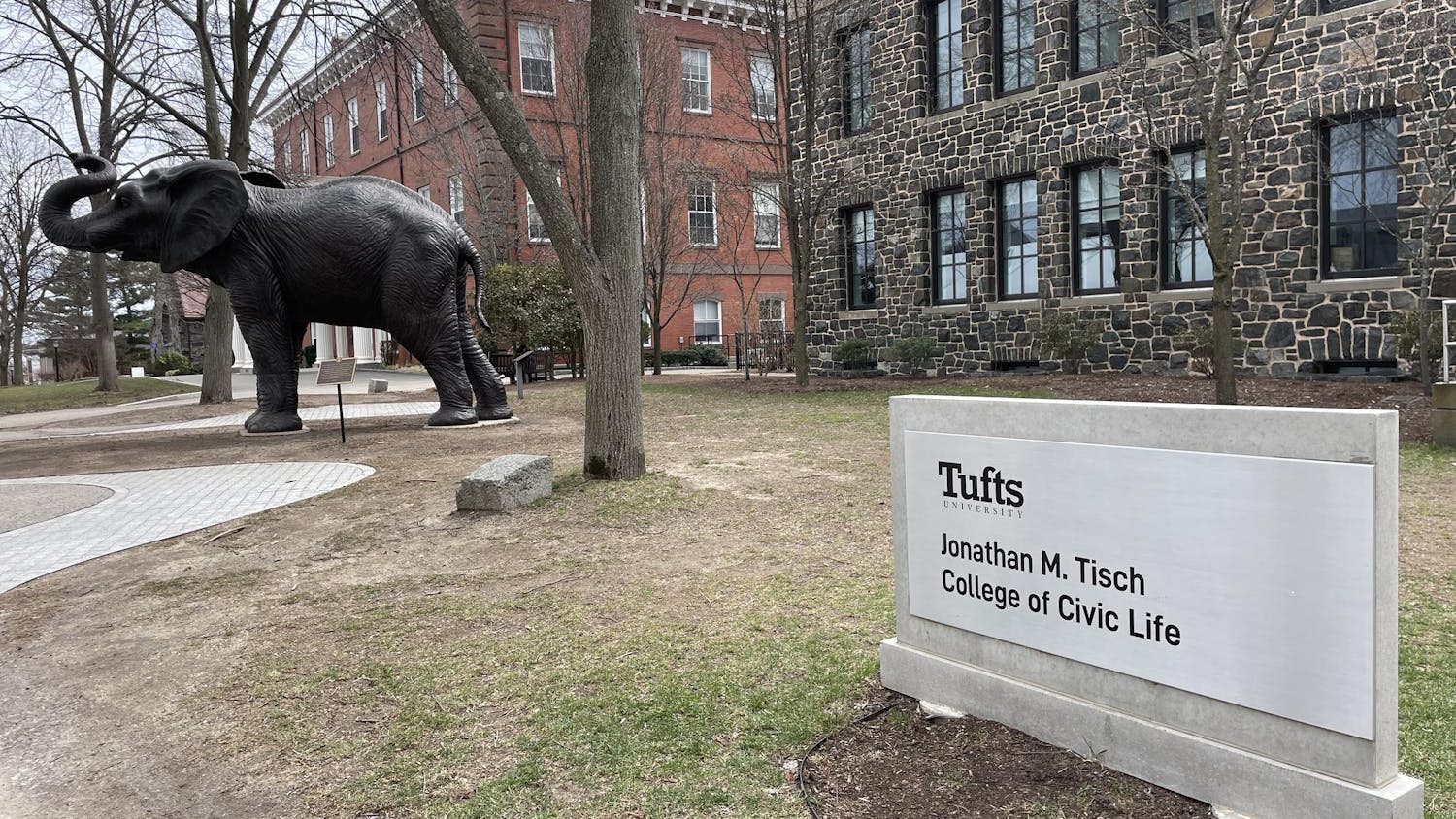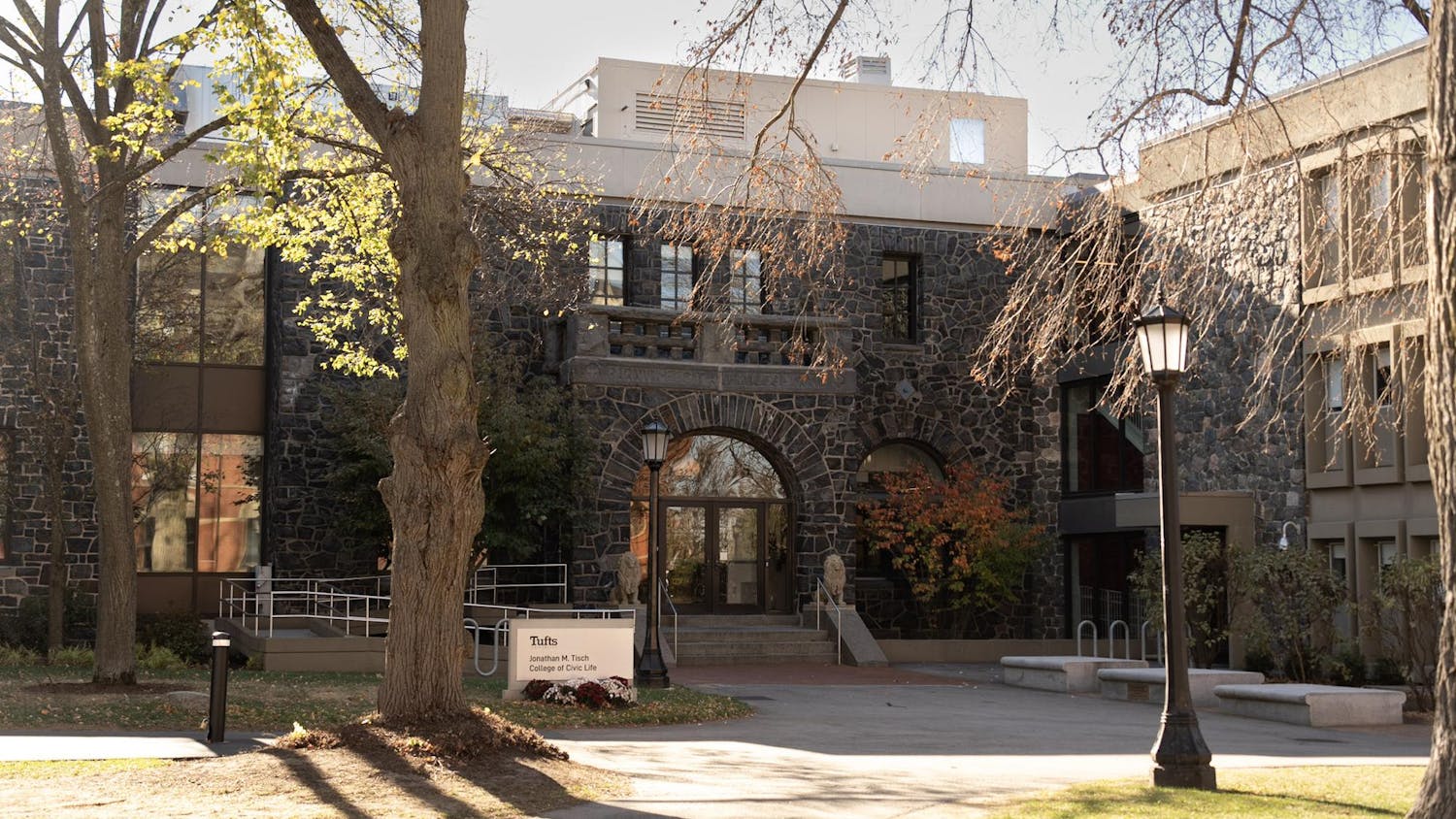Congress avoided a federal government shutdown in late September with the passage of a bill that would keep the government funded through Dec. 3. With this date looming, many in higher education are concerned about the effect a prolonged government shutdown might have on colleges and universities, which depend on federal funding for research, grants and financial aid.
According to Tufts Professor of Political Science Jeffrey Berry, universities do not rely on federal funding on a daily basis, thus a short-term government shutdown would have little effect.
“A short-term shutdown would not be disruptive to the University as it is not dependent on a daily infusion of federal funding,” Berry said in an email to the Daily. “Something long-term could have an impact, though a budget resolution would eventually be forthcoming.”
According to Rocco DiRico, executive director of government and community relations, a university’s ability to receive critical funds for student financial aid would not be hindered during a government shutdown.
“There would not be an interruption to critical funding like financial aid,” DiRico wrote in an email to the Daily. “Federal financial aid is covered by mandatory funding, meaning that it is not affected during a government shutdown.”
A government shutdown could, however, negatively impact research opportunities due to the submission process for funding. Vice Provost for Research Caroline Genco explained the role of the government in granting funding for research projects.
“Faculty have to submit grant proposals to various federal agencies for funding," Genco said. "There are online … government portals where you can submit requests for research proposals. Typically, [when] you submit a request, it is reviewed by a [panel of experts], typically four to five months after it is submitted."
If the proposal is approved during the initial review by the expert panel, the research proposal will then be reviewed for scientific merit. Following this evaluation, a second review panel will make the final decision on whether the research proposal is funded. For research lasting multiple years, grants are awarded on a yearly basis.
According to Genco, this approval process could take as long as a year in some cases and a government shutdown would further affect the approval time.
“If the government were to shut down, [a university] would have no way to submit those requests for funding ... [and for proposals already submitted,] those review committees would not be meeting," Genco said. "[The process] would be delayed until the government opened up again, and then they could review those proposals.”
A government shutdown would also delay research projects that previously were approved for funding by a research panel but had not yet started.
“Projects would be delayed from starting,” Genco said. “If you were going to hire a technician to do the work or organize supplies for your research lab, you wouldn't be able to do that until the government was open and the funding came in.”
According to Genco, Tufts University brings in about $190 million each year to fund research opportunities on campus. If a government shutdown were to occur, Tufts or the academic departments aligned with the research could potentially aid research projects, but this does not normally happen.
“In some instances, the department might be able to help you, or the school might be able to help some faculty members if there was a shortage [of funding],” Genco said. “Typically, you would just have to wait; [the research project] would be delayed.”
However, if a research project is currently underway when a government shutdown occurs, the research project can still continue.
“During a government shutdown, there could be delays in processing grant funding and grant applications," DiRico said. “Researchers can continue their work; however, they could experience delays in supplemental funding or new payments. No new grants would be rewarded.”





